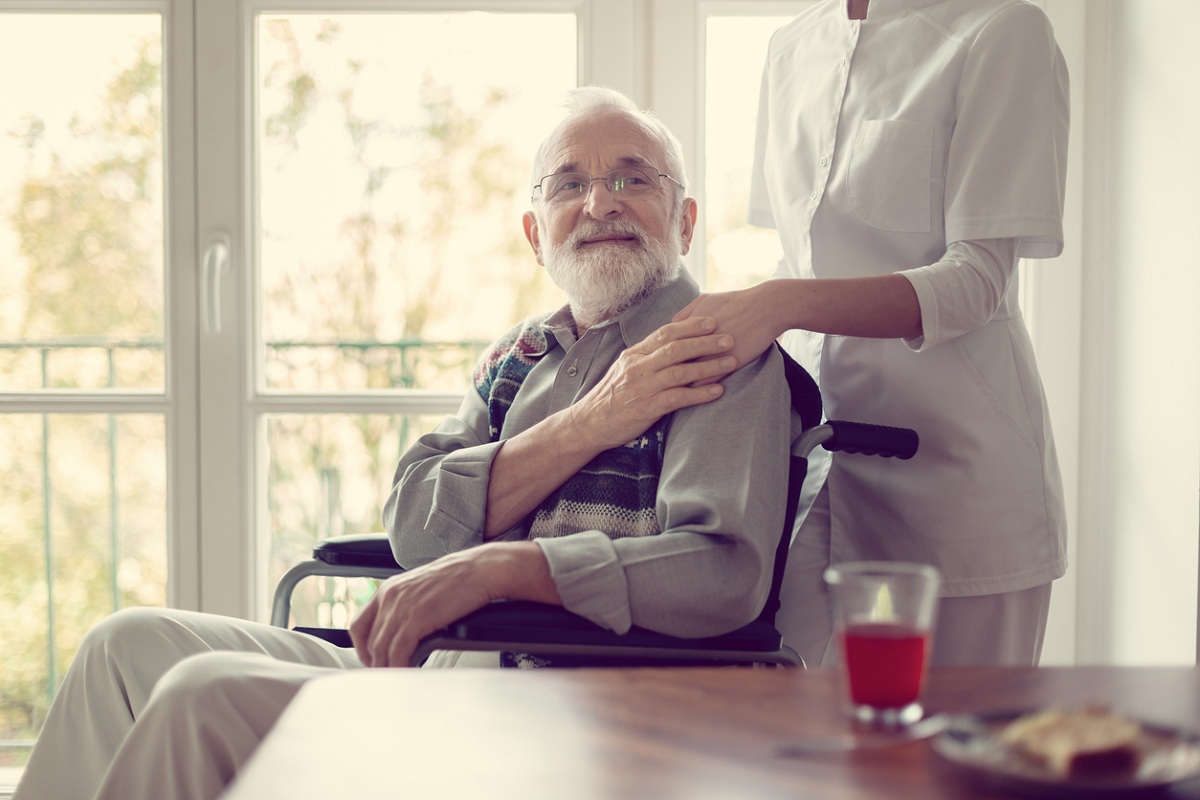The Covid-19 pandemic, which has triggered a global crisis, is affecting older people in many drastic ways. It is creating various threats to their lives all over the world and particularly so in developing countries where public health services and economies are challenged. The quality of life of older people, cooped up in their homes is especially affected by lockdowns. They are the most vulnerable section of the population and are said to succumb early to the infection.
Based on recent Centre for Disease Control and Prevention data, nearly 20 per cent of those who died in China and 25 per cent in the rest of the world are more than 55 years old. India has about 140 million people aged over 60 years. Covid-19 and the effort to prevent its spread pose unique challenges for this category of the population.
Advertisement
Seventy per cent of older people live in rural areas where health services are limited. In addition, availability of geriatric service in the country is scarce. However, it is not just the direct effects of the virus that increase morbidity and mortality among the old. The countrywide lockdowns since the last week of March, with some opening up now, poses several challenges to their day-to-day life. Measures like social distancing, self-isolation and travel restrictions disproportionately disrupt livelihoods of older people and their access to routine but life-preserving healthcare.
One of the most effective Covid-19 prevention strategies has been to advise the vulnerable old to self-isolate at home. But strong intergenerational social ties and living arrangements can make physical distancing difficult for older persons. About 88 per cent of older people in India cohabit with their children, so their risk of infection from other family members remains high. Living with extended family may allow continuity of services for the elderly but also increase their risk to abuse and mistreatment as certain studies are showing.
On the other hand, for the 17 million that do not live with extended family or have arranged to live separately due to Covid-19, life is lonely, with great difficulty in accessing food, water and basic services. Their isolation is creating socio-psychological problems for which there are no easy solutions. There are reports from European countries documenting many older people dying at home having been unable to access essential care. To what extent this will be evidenced in India remains uncertain.
Technology and internet connectivity play an important role in navigating social distancing restrictions and maintaining access to essential care, services, and important information. In India only seven per cent of older people have smartphones. Literacy rates among the aged population is also low, further limiting access to technology and important information. The containment approach to controlling Covid-19, essential in some form, has severely restricted routine health care, pathology services and nonemergency surgeries.
This will impact the health and well-being of vulnerable populations both in the short and long term. It is seen that the lack of access to healthcare services may intensify physical disabilities, precipitate occurrence and recurrence of mental ill-health issues and decrease the effective management of non-communicable diseases. Outpatient treatment of all major non-communicable diseases has declined dramatically in India since March.
Older people, for whom treatment for illnesses like heart disease, diabetes, hypertension, asthma and cancer are important, are missing out on visits to medical practitioners and regular check-ups; this is detrimental to their health. Under-treatment or delayed detection and treatment will increase morbidity and mortality. The precarious nature of economic work of older persons and the inadequate pay means that more than 80 per cent of them in the workforce are either partially or fully dependent on others, who are anyway in difficult circumstances for their financial security.
Given that most older workers are daily wage earners who are employed informally, lacking protection and entitlement, economic insecurity threatens their very existence. In its first Covid-19 relief package, the Government had announced a one-off payment of Rs 1,000 and an increase in the pension by 11 rupees per month for 30 million widows and senior citizens. But this will reach only about 20 per cent of older people, and only partially. Sadly, there was no support for senior citizens in the government’s second relief package.
To protect the vulnerabilities of older people, the government needs to ensure access to health care through schemes like Ayushman Bharat Yojana where possible. Telehealth and mobile home-based health care check-ups should be conducted for them. Providing financial and health security to older people is the need of the hour. Certain direct subsidies to pensioners can help.
Proposals for safeguarding older persons’ day-to-day living holistically is essential along with increasing their access to information and everyday necessities including virtual connectivity with family and friends. Promoting wellbeing of older persons will ensure their right to quality living. While many older people will not hopefully succumb to Covid-19 in India, it is imperative that they be protected.
(The writer is associated with Eastern Institute for Integrated Learning in Management, Kolkata. The views are personal)











